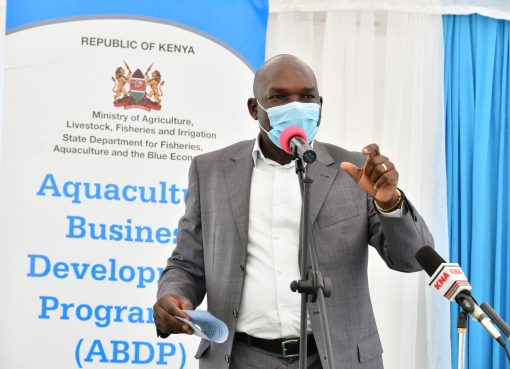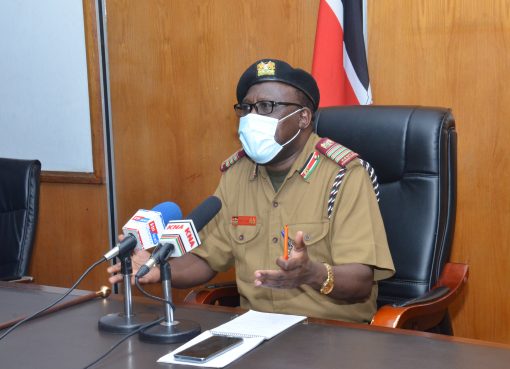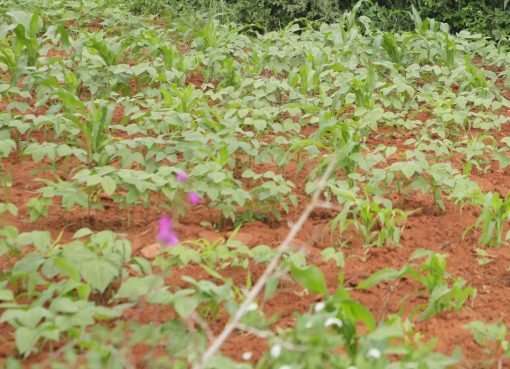The Media Council of Kenya conducted a successful two-day election reporting training for journalists in Migori County.
The training which brought together Media house managers and journalists for Migori, Homa Bay, Kisii and Nyamira counties was held at Ufanisi resort in Kisii County.
The training was purposefully aimed at enhancing participants’ skills in election reporting and preparedness ahead of the August 2022 polls.
The exercise comes immediately after the just concluded party primaries which the council noted established challenges and opportunities to be leveraged on by the media sector.
The council through their Kisumu Regional coordinator Mr. Teddy Evance stated that the revelations experienced during the party primaries formed the council’s interventions which included a review of the training approaches.
The engagement outlined the media’s significant role in the realization of political and democratic processes in the environments where press freedom and freedom of expression thrived.
As Kenya is approaching the 2022 General elections, the media is at the centre of the process with its role as a public watchdog and responsibility to inform and educate.
“The need for responsible journalism at this point cannot be overemphasized. Journalists must remind themselves of the core principles of the profession and the need for impartiality which will stir co-existence,” said Mr. Evance, adding:
“Safety and protection of journalists remain an area of undeterred importance as it directly relates to journalists’ individual lives,” he noted.
The official underscored the need for media houses to put in place mechanisms to implement best practices, including developing journalists’ capacity to undertake a risk assessment and set aside resources for effective and successful election coverage.
He stressed that the responsibility of media houses as entities could not be short-changed, saying that just like in other previous election periods, journalists were also trained on other several emerging technical issues that journalists must be wary of.
Among them include digital security such as trolling and cyber-bullying, digital intrusion by online users, misinformation and misrepresentation that has hence led to the emergence of fake news.
The need for fact-checking before publishing any item online or on social media was also emphasized.
Apart from MCK training, journalists were encouraged to undertake other available pieces of training that could back journalists’ adherence to election coverage and reporting measures.
Such training includes the conflict-sensitive reporting training offered through a partnership with UNESCO and also other organizations offering fact-checking training like Africa check.
By Polycarp Ochieng and George Agimba





